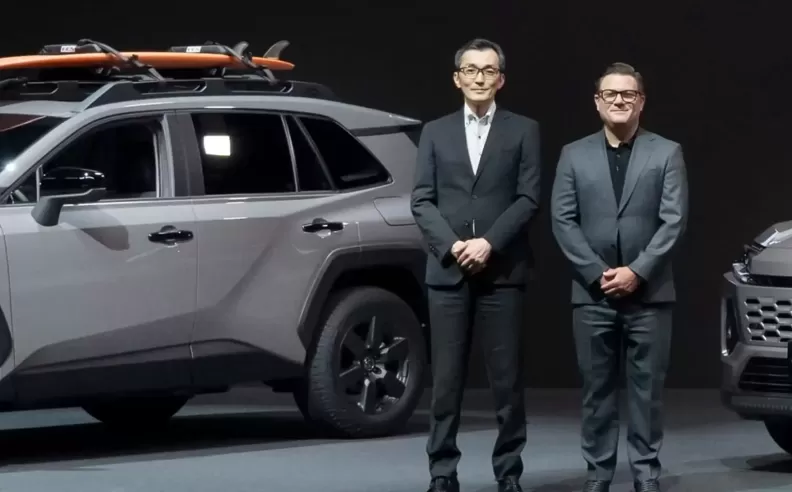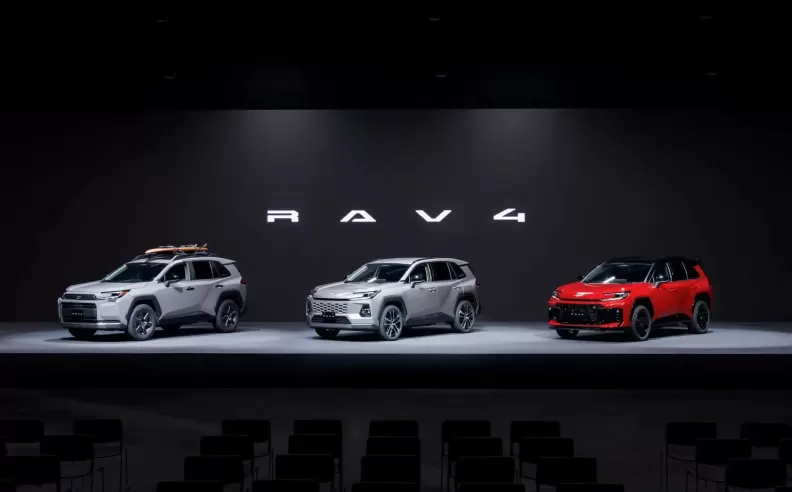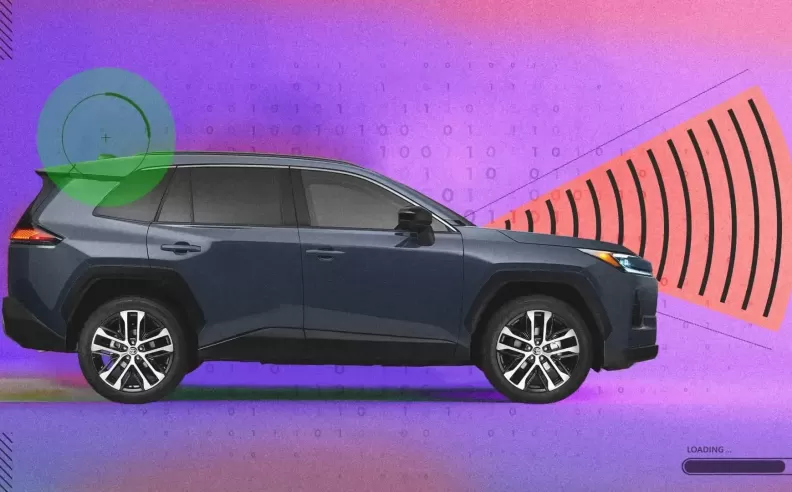
As the auto industry shifts toward software driven vehicles, Toyota is quietly launching a bold mission: zero fatalities and zero accidents. With the debut of the 2026 Toyota RAV4, the brand takes its first serious steps into a future powered not just by engines, but by intelligent software. While others rush to digitize, Toyota takes a cautious but calculated approach, putting safety and reliability above flashy features. Here's how the RAV4 2026 is leading the charge.

The RAV4 2026 marks the start of Toyota’s software era, and it does so with smart enhancements rather than a full tech overhaul. It is the first Toyota model to support 5G connectivity, enabling fast over the air updates. Drivers can now control major functions using an advanced voice assistant, eliminating the need to touch the screen.
More importantly, the updated Toyota Safety Sense system uses a combination of radar, cameras, and artificial intelligence to detect danger more quickly and accurately. These updates allow Toyota to collect real time safety data from each vehicle, helping the system get smarter over time. That means every RAV4 sold becomes part of a global safety learning network.

One of the more controversial changes in the RAV4 2026 is the removal of physical buttons for things like fan speed and AC controls. Toyota has replaced them with voice commands, aiming to reduce distractions and keep the driver's eyes on the road.
According to Toyota engineers, interacting with screens or knobs creates more risk, while voice interaction feels more natural and safer. Though some drivers might miss tactile feedback, Toyota believes this is a necessary shift to align with its zero accidents goal. The RAV4 2026 is not just smarter, it is teaching drivers to engage with their cars in new, safer ways.

Started my career in Automotive Journalism in 2015. Even though I'm a pharmacist, hanging around cars all the time has created a passion for the automotive industry since day 1.

